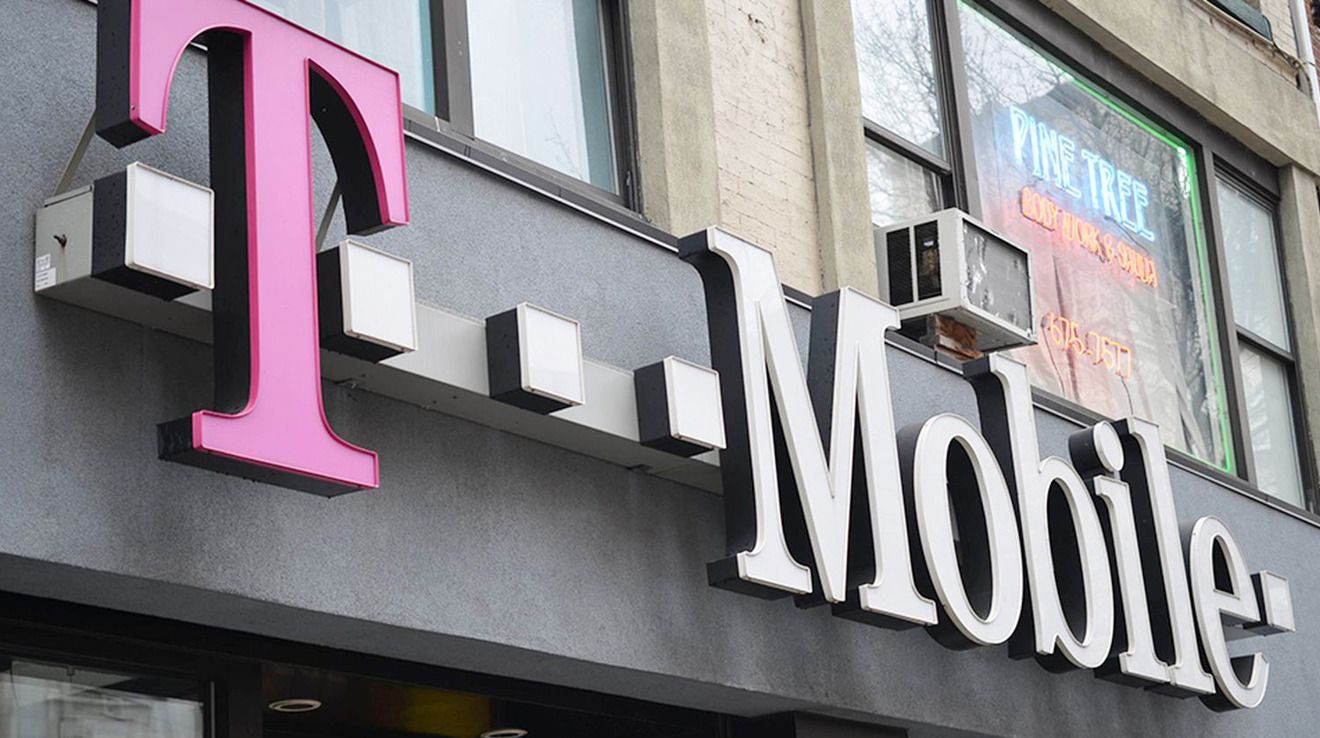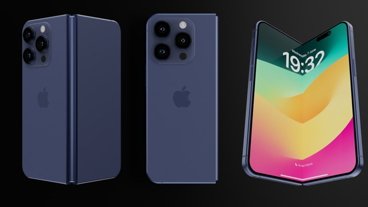The U.S. Department of Justice announced on Friday that it has approved a proposed $26 billion-plus merger of Sprint and T-Mobile, though with major concessions, and a lawsuit from 13 state attorneys general still pending. [Updated with Dish's multi-billion payouts]
Under the terms of the agreement, Sprint will have to divest itself of several prepaid brands including Boost Mobile and Virgin Mobile. Most significantly, both Sprint and T-Mobile are handing some of their wireless spectrum over to Dish Network, along with 20,000 or more cell sites and hundreds of stores.
As anticipated, Dish will also have access to T-Mobile's network for seven years while it builds up its own 5G services.
"With this merger and accompanying divestiture, we are expanding output significantly by ensuring large amounts of currently unused or underused spectrum are made available to American consumers in the form of high quality 5G networks," wrote DOJ antitrust chief Makan Delrahim.
The merger can't be finalized however until a lawsuit from 13 state attorneys general and the District of Columbia is concluded. A trial date is set for Oct. 7, though that date could be pushed as late as Dec. 9.
It's also possible that the case could be settled out of court, since it revolves around a lack of competition in the national wireless space. With Dish being propped up as a replacement for Sprint, there may not be reason to continue.
"We're reviewing the announced settlement, but our bottom line remains the same: protect consumers and competition," said a spokesperson for California Attorney General Xavier Becerra, speaking to CNBC.
Today's news was met with skepticism by Democratic FCC Commissioner Jessica Rosenworcel.
"Today the Department of Justice gave its blessing to the largest wireless merger in history," she wrote on Twitter. "I remain skeptical that this combination is good for consumers, good for competition, or good for the economy. Before the @FCC votes on this new deal, the public should have the opportunity to weigh in and comment. Too much here has been done behind closed doors."
Sprint and T-Mobile have repeatedly attempted to merge, trying the first time in 2014, then again in 2017. The first instance collapsed because of regulatory issues — in the second case, Japan's SoftBank was reluctant to give up its control of Sprint.
The current effort, so far the most successful, began over a year ago. The Republican-controlled FCC was relatively quick to throw its weight behind the merger, doing so in May 2019. As a condition, T-Mobile and Sprint agreed to improve rural coverage and build out 5G networks.
Update: Dish is paying $1.4 billion to claim Sprint's prepaid operations, and $3.6 billion for wireless spectrum.
 Roger Fingas
Roger Fingas







-m.jpg)






 Bon Adamson
Bon Adamson
 Marko Zivkovic
Marko Zivkovic
 Amber Neely
Amber Neely
 Malcolm Owen
Malcolm Owen


 Christine McKee
Christine McKee



-m.jpg)






12 Comments
The divestitures make no sense, but at least the deal finally went through for the sake of both companies.
Blocking this merger never made sense to me: I would much rather have 3 strong, major companies competing than two colluding with each and then a couple "also ran's" tagging along for the ride.
Years ago when the merger was on the table I was totally against it—I switched to T-Mobile from Sprint because Sprint had astoundingly deceptive customer policies and T-Mobile had astoundingly good ones.
Back when I used Sprint they not only refused to unlock paid off iPhone 4s’s (they still won’t...!), they constantly and deliberately lied and misled their customers who were trying to get them unlocked—there were forums after forums with Sprint representatives saying the same lies, with customers reporting the same deceptive tactics while talking to customer service (I had the exact same experiences). I’ve never seen such blatant dishonesty from a company in my life.
I didn’t want T-Mobile to be anything like Sprint. I became less bothered about the merger when I heard that John Legere would lead the company, but it still makes me feel unsettled. T-Mobile has completely shaken up the industry for the better, lower prices, more data, actual device payments instead of an inflated monthly contract, etc.
What is a "democratic FCC commissioner?" Is that different than the FCC Commissioner? FCC is like the DOJ - an executive agency, right?